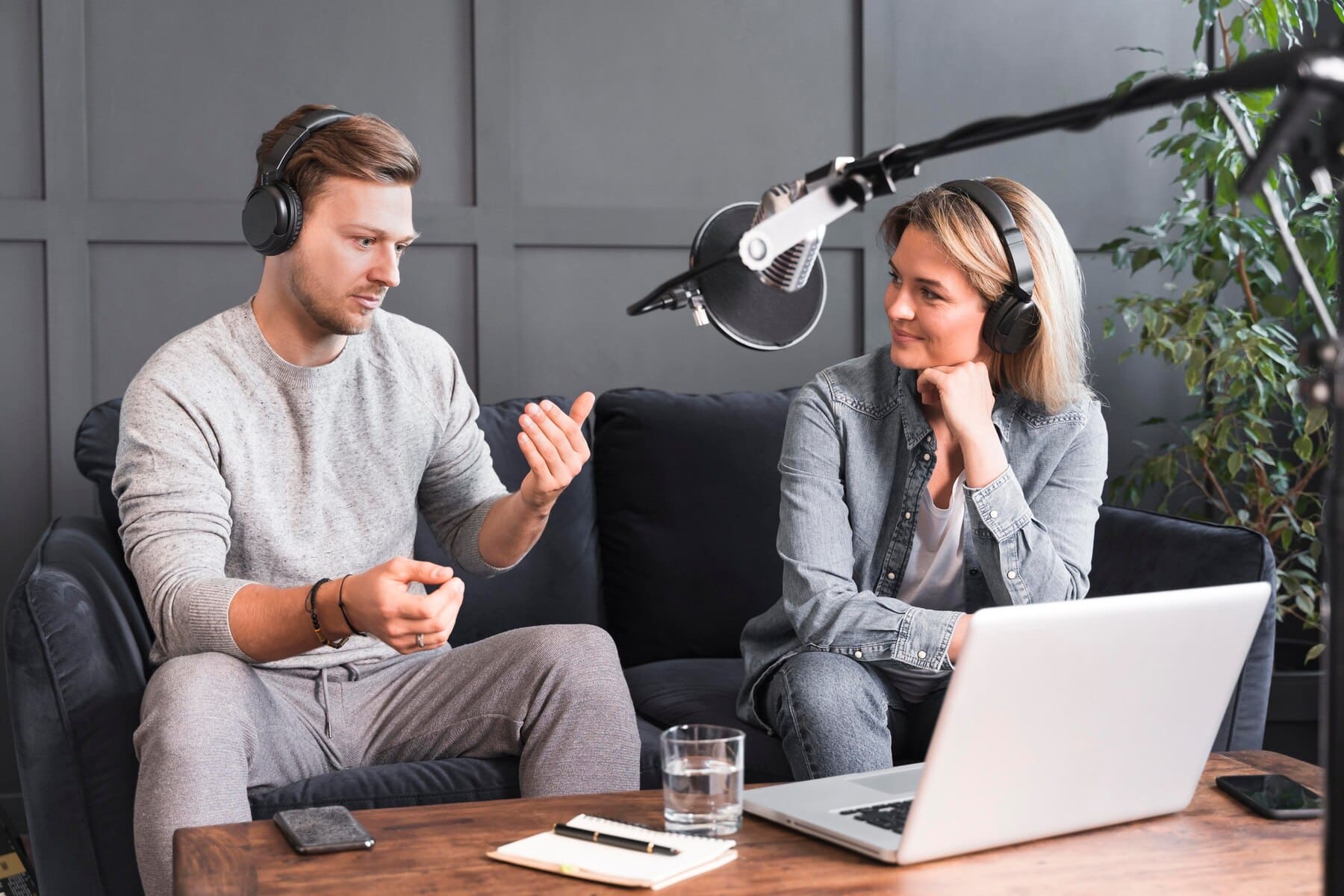
How to Improve Your Listening Skills: A Complete Guide
Listening is one of the most valuable skills in communication, yet it is often overlooked. Whether in personal relationships, workplaces, or social interactions, being an active listener can help you understand others better, build stronger connections, and avoid misunderstandings.
In this guide, we’ll explore practical tips to improve your listening skills so you can communicate more effectively and become a better listener.
Why Are Listening Skills Important?
Strong listening skills are essential for:
✅ Better communication – Helps you understand others clearly.
✅ Stronger relationships – Builds trust and deeper connections.
✅ Improved learning – Allows you to absorb and retain information.
✅ Conflict resolution – Reduces misunderstandings and promotes harmony.
Many people think they are listening, but they are just hearing words without truly engaging. Let’s explore how you can become a more active listener.
1. Practice Active Listening
Active listening means fully concentrating on the speaker, understanding their message, and responding appropriately.
How to Practice Active Listening:
- Make eye contact to show attentiveness.
- Nod and give small verbal cues (e.g., “I see” or “That makes sense”).
- Avoid distractions like checking your phone or looking around.
- Summarize and reflect on what the speaker says to confirm understanding.
🡪 Example: If someone shares a concern, respond with: “So what you’re saying is that you’re feeling overwhelmed at work because of tight deadlines. Is that correct?”
2. Eliminate Distractions
Distractions make it difficult to fully engage in conversations.
Tips to Minimize Distractions:
✔ Put away your phone – Notifications break focus.
✔ Choose a quiet environment – Minimize background noise.
✔ Focus on the speaker – Avoid thinking about your response while they’re talking.
✔ Practice mindfulness – Stay present in the moment.
🡪 Try This: The next time you’re in a conversation, set aside distractions and give the person 100% of your attention.
3. Avoid Interrupting the Speaker
Interrupting disrupts the speaker’s flow of thought and can make them feel unheard.
How to Stop Interrupting:
- Pause before responding – Wait 2-3 seconds after the speaker finishes.
- Let them finish their point – Don’t assume what they’re going to say.
- Acknowledge their thoughts – Show understanding before sharing your own.
🡪 Example: Instead of interrupting with, “I know exactly how you feel,” wait until they finish and say, “That sounds really frustrating. Tell me more about it.”
4. Use Open-Ended Questions
Open-ended questions encourage deeper conversations and show you’re engaged.
Examples of Open-Ended Questions:
❌ Instead of: “Did you have a good day?” (Yes/No answer)
✅ Ask: “What was the best part of your day?”
❌ Instead of: “Are you upset?”
✅ Ask: “How are you feeling about what happened?”
🡪 Tip: Open-ended questions help people express themselves more freely, leading to better understanding.
5. Show Empathy and Understanding
Empathy means putting yourself in the speaker’s shoes and understanding their feelings.
Ways to Show Empathy While Listening:
- Acknowledge emotions – “That sounds really difficult.”
- Use reflective listening – “It sounds like you’re feeling stressed because of work.”
- Avoid judgment – Let them express themselves without criticism.
🡪 Practice Exercise: Next time someone shares their feelings, respond with an empathetic statement like “I can see why you’d feel that way.”
6. Pay Attention to Nonverbal Cues
People communicate not only with words but also through body language, tone, and facial expressions.
Nonverbal Cues to Observe:
✔ Tone of voice – Is it excited, frustrated, or sad?
✔ Facial expressions – Do they look happy, anxious, or upset?
✔ Body language – Are they leaning in (engaged) or crossing arms (defensive)?
🡪 Tip: If a friend says they’re “fine” but have a sad tone, ask, “Are you sure? You don’t seem like yourself today.”
7. Practice Patience and Stay Present
Listening requires patience and a willingness to stay engaged without rushing the conversation.
How to Stay Present While Listening:
- Avoid thinking about what to say next – Focus on their words.
- Don’t rush to give advice – Sometimes people just want to be heard.
- Take deep breaths – This helps you stay calm and focused.
🡪 Challenge Yourself: Try listening to someone without interrupting, judging, or giving advice for at least 5 minutes.
8. Improve Listening in Different Situations
At Work:
- Listen carefully in meetings and take notes.
- Clarify instructions before acting.
- Repeat key points to confirm understanding.
In Relationships:
- Show that you value their words by responding thoughtfully.
- Avoid defensive listening—focus on understanding, not reacting.
- Use phrases like, “I hear you, and I understand.”
In Social Settings:
- Be curious about others—ask thoughtful questions.
- Avoid multitasking when talking with friends.
- Use active listening to make deeper connections.
9. Develop a Habit of Listening Daily
Like any skill, listening improves with practice.
Daily Listening Exercises:
🔹 Listen to a podcast and summarize the key points.
🔹 Repeat what someone says before responding.
🔹 Practice silence—focus on just listening without reacting.
🡪 Bonus Tip: Try a “silent conversation” challenge—spend a day focusing on listening more than speaking.
10. Evaluate and Improve Your Listening Skills
Improving listening is an ongoing process. Ask yourself:
✔ Did I give my full attention?
✔ Did I interrupt or let the speaker finish?
✔ Did I understand their message completely?
🡪 Next Steps: Identify areas for improvement and practice them in future conversations.
Final Thoughts
Becoming a better listener requires effort, but the benefits are worth it. Whether in professional settings, friendships, or relationships, strong listening skills improve communication, understanding, and trust.
Start today by practicing active listening, avoiding distractions, and showing empathy—you’ll be surprised how much stronger your connections become! 😊
Would you like personalized tips based on specific situations (e.g., workplace, relationships)? Let me know! 💬

